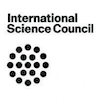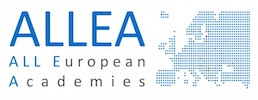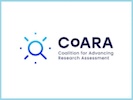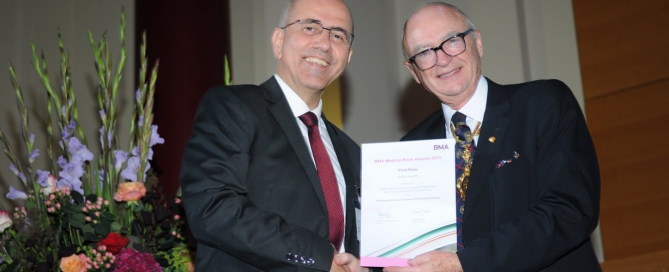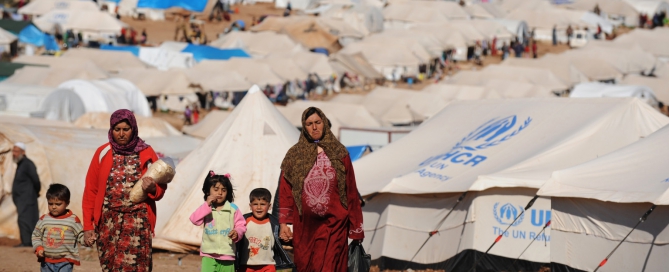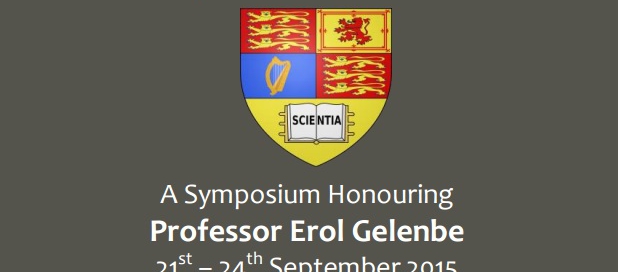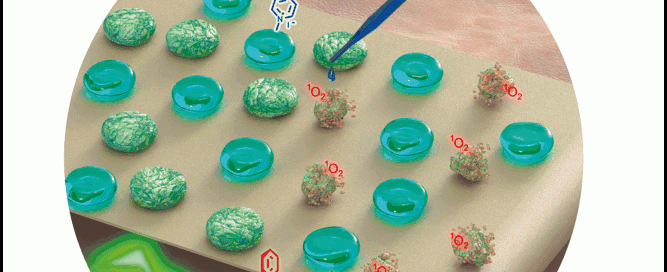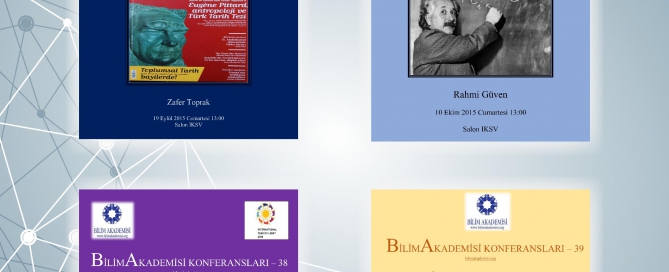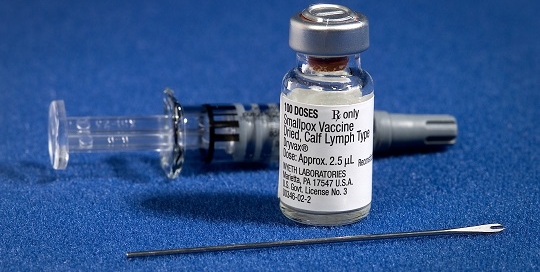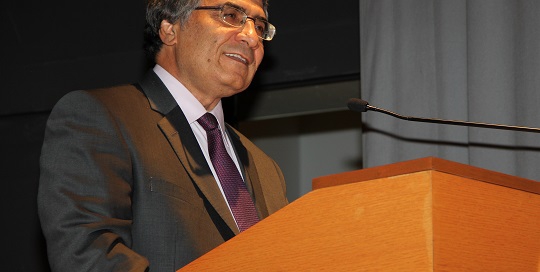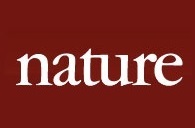“Emerging Infectious Diseases: Clinical Case Studies” Awarded First Prize by BMA
The Science Academy members Önder Ergönül and Murat Akova are among the editors of “Emerging Infectious Diseases: Clinical Case Studies”, the book awarded the first prize by British Medical Association (BMA) in public health category. In 2014, 630 medical books were nominated to BMA medical books award, and first prize was given in 20 different medical categories. The first prize winner “Emerging Infectious Diseases: Clinical Case studies” book was edited by Önder Ergönül, Füsun Can, Larry Madoff and Murat Akova. A recent review about the book was published in one of the leading infectious diseases journals, “Emerging Infectious Diseases: Clinical Case Studies is …
